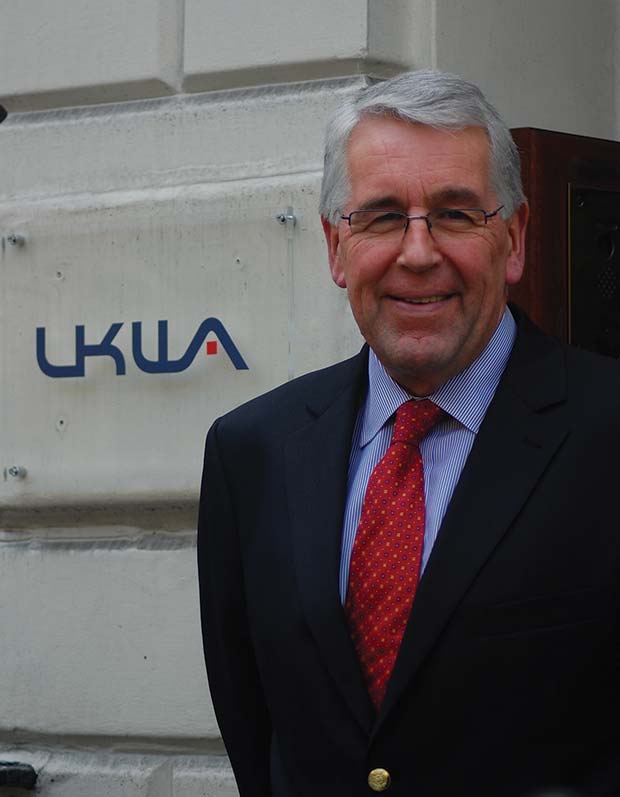‘Get Brexit Done’, the much-used phrase of the Prime Minister has become a mantra central to the election campaign. However, although an effective soundbite politically, closer scrutiny reveals that the idea of ‘Getting Brexit Done’ by passing a Withdrawal Agreement is deeply misleading.
 Getting Brexit done implies an end point, a drawing of a line under a long and painful process. In some ways this couldn’t be further from the truth. What it really means is ratifying an agreement which will signify the beginning of intensive and extensive negotiations to implement wide-ranging changes that could well take years to complete. In short, this is the start and not the end of Brexit.
Getting Brexit done implies an end point, a drawing of a line under a long and painful process. In some ways this couldn’t be further from the truth. What it really means is ratifying an agreement which will signify the beginning of intensive and extensive negotiations to implement wide-ranging changes that could well take years to complete. In short, this is the start and not the end of Brexit.
Securing a Withdrawal Agreement that is acceptable both to the EU nations and to the UK Parliament without doubt will be an important milestone in the process, helping to avoid for now the ‘cliff-edge’ of ‘no-deal Brexit’ and taking us into the Transition Period. But it tells us little about the future relationship between UK and the European Union. Not until we know the nature and timing of that future relationship – and the processes for managing it – will the Business world have the much-needed forward certainty it craves.
Assuming the outcome of the General Election provides a Parliament that can deliver the result of the 2016 referendum, and that withdrawal from the EU goes ahead, all time and resource preparing for Brexit will have been well spent. The latest pledge from the Prime Minister that the Transition Period will under no circumstances be extended beyond December 2020 means the risk remains of crashing out onto WTO terms in little over 12 months.
As the leading trade association for the logistics sector, UKWA has consistently warned, whatever the outcome of the UK’s withdrawal from the EU, of likely interruption to supply chains; and those warnings have been proved to be correct. We have estimated that withdrawal from the EU and particularly the Customs Union will likely result in 200 million additional customs declarations to be processed, with inspections at the border of plant, animal and forest products.
The impact of such interruptions in today’s seamless supply chains will be huge. UKWA has recently hosted an interactive workshop for members and the wider logistics community to help businesses understand what they must do to prepare in terms of reviewing existing contracts and framing new contracts in the light of Brexit, looking at Incoterms, new trading standards and legal frameworks, as well as taking on board changes to employment law and data transfer.
UKWA has been closely engaged with HMG Border Delivery Group, along with other key organisations, helping government understand and respond to the specific challenges and requirements of those businesses, importers and exporters, who trade with the EU. We have also played our part in ensuring vital information is effectively disseminated to members, helping them prepare for Brexit.
We are committed to continuing to support Government in shaping policy for the future, but let us not underestimate the scale of the task ahead. Transitioning to the ‘brave new world’ promised by some politicians will be infinitely complex for our industry as will the process of ‘Getting Brexit Done’ over the years to come.
Peter Ward
UKWA, CEO




Comments are closed.